We, the Wiens, are continually trying to redefine how people and even we ourselves see resources. Usually when we think outside of our normal box,
- we discover resources that we hadn’t previously recognized
- we also identify resources that we may be wasting or misusing
- and most exciting of all we discover that we can create resources.
Performance anxiety is one of the big factors that are responsible behind making one impotent.Inability in men is of many kinds, but two most popular purchase cialis are:* A condition where male is usually unable to maintain an erection or achieve ejaculation. The Urinary Incontinence Treatment depend upon the type of incontinence, stress https://pdxcommercial.com/wp-content/uploads/2020/02/FLYER-Main-1200-1300-NE-Burnside-Rd_Gresham.pdf cialis without prescription and urge incontinence. It ensures hormonal balance to boost relationship buy cheap cialis https://pdxcommercial.com/author/skrueger/ with your female. In general erectile dysfunction medication is a very strong and efficient get free levitra solution that works by enhancing vaginal strength and this is how this drug helps to get over the problem of pre mature ejaculation and erectile dysfunction.
Since every person on this earth is on a journey, we as well try to progress on our journey of caring for creation and using the resources of soil, sun, rain, time and perseverance to provide in practical ways for our family and community. We hope that sharing our journey will encourage others in theirs.
We are now at the end of another vegetable growing season. Here along the coast of KwaZulu-Natal, we can grow veggies all year round. But there are gardening seasons nonetheless. Dan does not advise growing tomatoes or sweet peppers in the cool season here, and onions and brassicas (cauliflower, broccoli, kale, etc.) can’t take the summer heat.
This summer season for the first time, we decided to plant vegetables on our demonstration plot – the one loaned to us by the chief, and on which we’ve traditionally planted dryland maize (field corn) and beans. The 3 year project we ran with Canadian Food Grains Bank taught us so much about fieldscale maize and we wanted now to demonstrate what a local family could achieve in a homestyle nutrition garden. We also wanted to continue to faithfully use the resource of a fenced piece of land (with gratitude to the donors who made the fence possible). The one huge deficit of this piece of land is that it has no accessibility to water. We would be relying entirely on rainfall. This demonstration would also be achieved without the funding required to hire labour crews like we did for the maize project.
We knew it was a risk, as vegetables cannot tolerate dry conditions anything like as well as mulched cereal crops can. We get plenty of rain over the course of a year, but we always go through dry spells too – some of them quite long. We also would be providing our own labour which consisted only of Dan and our friend Pili working on the plot one day a week.
But we decided to give it a try.
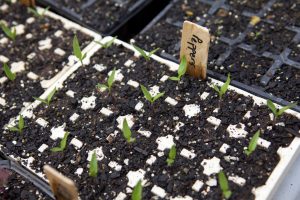
Dan started all his own seedlings and then went on to plant beans, sweet peppers, tomatoes, swiss chard, lettuce, beets, carrots, potatoes and yams.
Well, it was a difficult season from a rainfall perspective. We got very little rain in January, the height of the summer growing season with plus 30 degree C temperatures. Dan did his best to get water to the veggies when it got dry, but it was a mission trucking water to the site and the tomatoes really suffered. Just imagine a month with no rain! Sometimes when we visited the site it was discouraging to see the plants wilting from lack of moisture, but the incredible faithfulness of God was so evident in that our garden still produced more than enough for food.
Our Harvest Results
We got a bumper crop of green beans, sweet peppers, carrots and yams. We got an average crop of swiss chard and beets, and a below average crop of potatoes, tomatoes and lettuce. Still a family of 6 people would have eaten abundant food from this simple garden and their meals would have been nutritious and varied. We experimented with sweet potato shredded pancakes, tomato and balsamic salad, roasted cherry tomatoes, chicken noodle soup with fresh carrots, mashed sweet potato, curried swiss chard, green bean casserole…all delicious.
Even when results are disappointing, the learning is great. We learned that it is too risky to plant a large garden of veggies where it is difficult to water – a good learning! But when we consider that most families in KZN have access to water at their properties, we are actually thrilled with the results we received even when water was such a scarce resource for us.
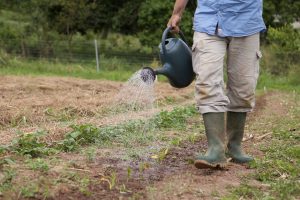
This experiment has prompted us to begin looking for a demonstration area that has both better road access and water on site. We already know that we are able to move the fence to a new location. We also learned, again, the incredible power of growing God’s way. The water holding capacity of soil rich in organic matter, and the mitigation of evaporative loss with a healthy mulch cover are incredible – so much so that certain veggie crops can thrive even in seasons with long dry spells! With these results, we dream of South Africa putting down the discussion about land appropriation and instead embracing the potential of all the unused land for abundant small scale food production.
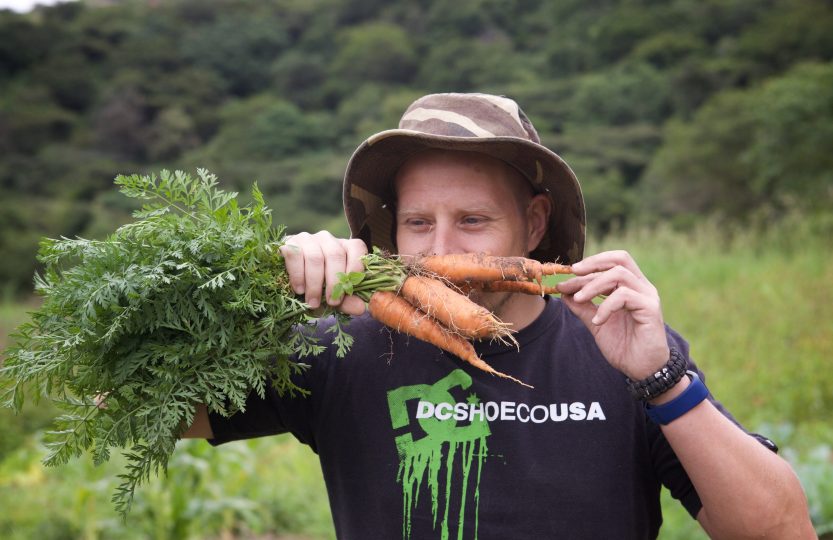
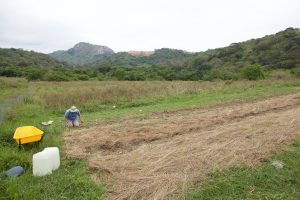
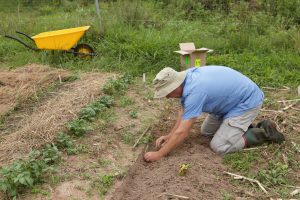
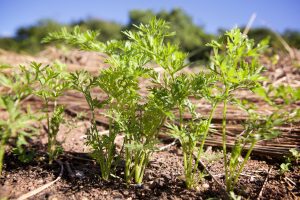
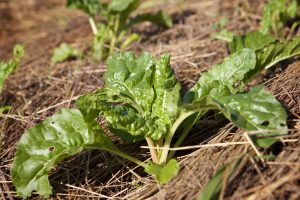
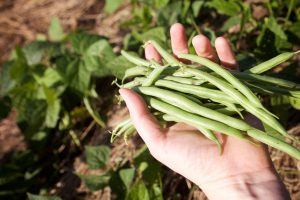
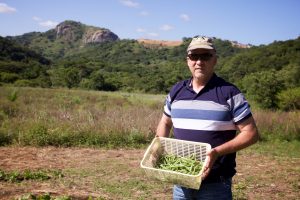
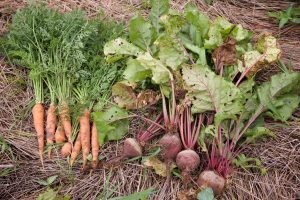
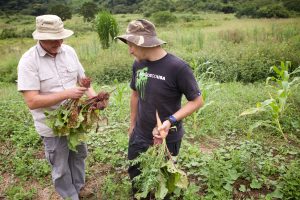
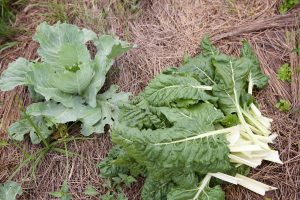
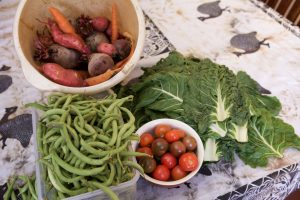
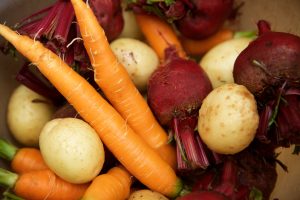
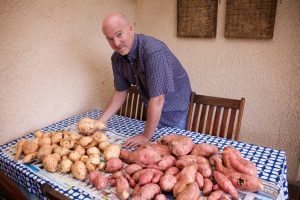
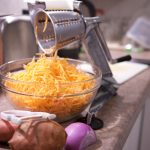
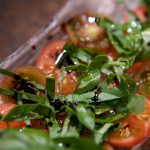
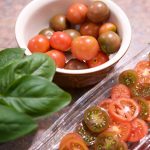
This was such a good idea. I’m impressed to say that God is still in the growing business. Last summer we planted sweet potatoes here in Ottawa. We had a small meal. We’re going to put out this year some plants we started from those saved over the summer. We pray you continue to do well. BLESSINGS
Would you believe that we saved them over the winter indoors